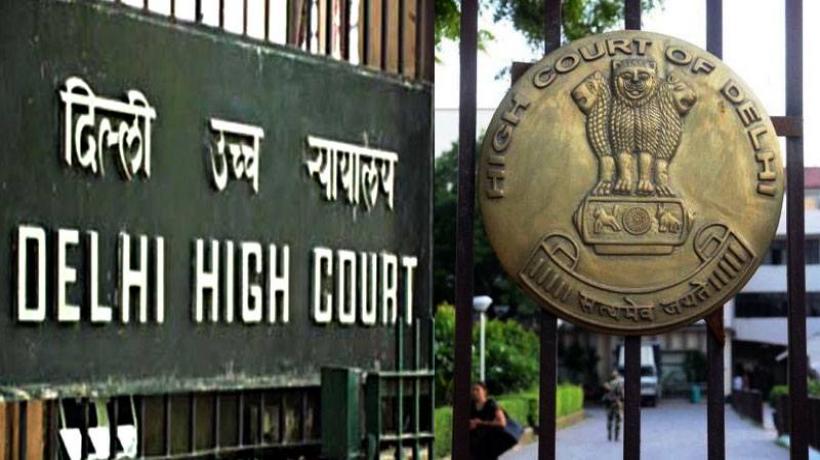New Delhi, 08 November 2024: The High Court has recently voiced strong criticism of government doctors who choose private practice over their responsibilities in public healthcare. This trend raises serious concerns about the dedication of healthcare professionals to their roles, particularly in a system that relies heavily on government services. The court’s position is based on the belief that doctors have both a moral and legal duty to prioritize their public health roles, especially during critical times. This article delves into the reasons for the HC’s criticism, its implications, and potential solutions for this issue.
The HC’s Critique: A Call for Responsibility
The High Court’s strong words highlight a major issue in the healthcare system. The judges pointed out that government doctors, funded by taxpayers, owe it to the citizens to prioritize public service. They stressed that opting for private practice compromises the healthcare system’s integrity and creates an alarming gap in public health services. This critique serves as a wake-up call for medical practitioners to reevaluate their priorities regarding public healthcare.
Understanding the Reasons: Why Choose Private Practice?
Various factors lead government doctors to turn to private practice. A key reason is the financial benefit; private practice often provides higher pay compared to government roles. Furthermore, the heavy workload in public hospitals can drive doctors to look for relief through private consultations. However, this dual engagement raises ethical concerns, particularly about patient care and the potential conflict of interest arising from dividing time between public and private sectors.
Effects on Public Health: A Worsening Situation
The trend of doctors shifting to private practice has serious repercussions for public health. With many healthcare professionals unavailable in government hospitals, patients encounter long wait times and subpar care. This is especially concerning in rural areas where access to quality healthcare is already scarce. The HC’s worries are justified; an underperforming public health system can lead to higher illness and death rates, especially among vulnerable groups.
Legal Considerations: The Need for Regulation
The HC’s remarks spur discussions about the legal framework governing medical professionals in India. Currently, regulations preventing government doctors from engaging in private practice are minimal. The court’s criticism underscores the pressing need for stricter laws and policies that hold doctors accountable for their public service responsibilities. Implementing such regulations could ensure that doctors focus on their duties in government hospitals and deliver the necessary care to the public.
Potential Solutions: Finding a Balance
To tackle this issue, a balanced strategy is essential. One viable solution is enhancing the compensation and working conditions for government doctors. By offering competitive salaries and alleviating workloads, the government can encourage doctors to remain dedicated to public service. Additionally, establishing a clear framework that delineates boundaries between public and private practice could help prevent conflicts of interest and ensure that doctors meet their core responsibilities.
The Role of Society: Advocating for Change
Society also has a vital role in driving change within the healthcare system. Public awareness initiatives can educate citizens on the importance of supporting public healthcare services. Furthermore, patients can express their concerns and demand improved services from government hospitals, thereby holding healthcare professionals accountable. By nurturing a culture of responsibility and accountability, society can play a part in enhancing the overall healthcare system.
The High Court’s strong position against government doctors pursuing private practice serves as an important reminder of the responsibilities healthcare professionals carry. It’s crucial for doctors to focus on their public health duties, ensuring citizens receive the care they need. By addressing the root causes and implementing effective solutions, both the government and society can collaborate to strengthen the public healthcare system and restore confidence in its capabilities. It’s time to reignite the commitment to public service among healthcare professionals, ultimately benefiting the entire community.










